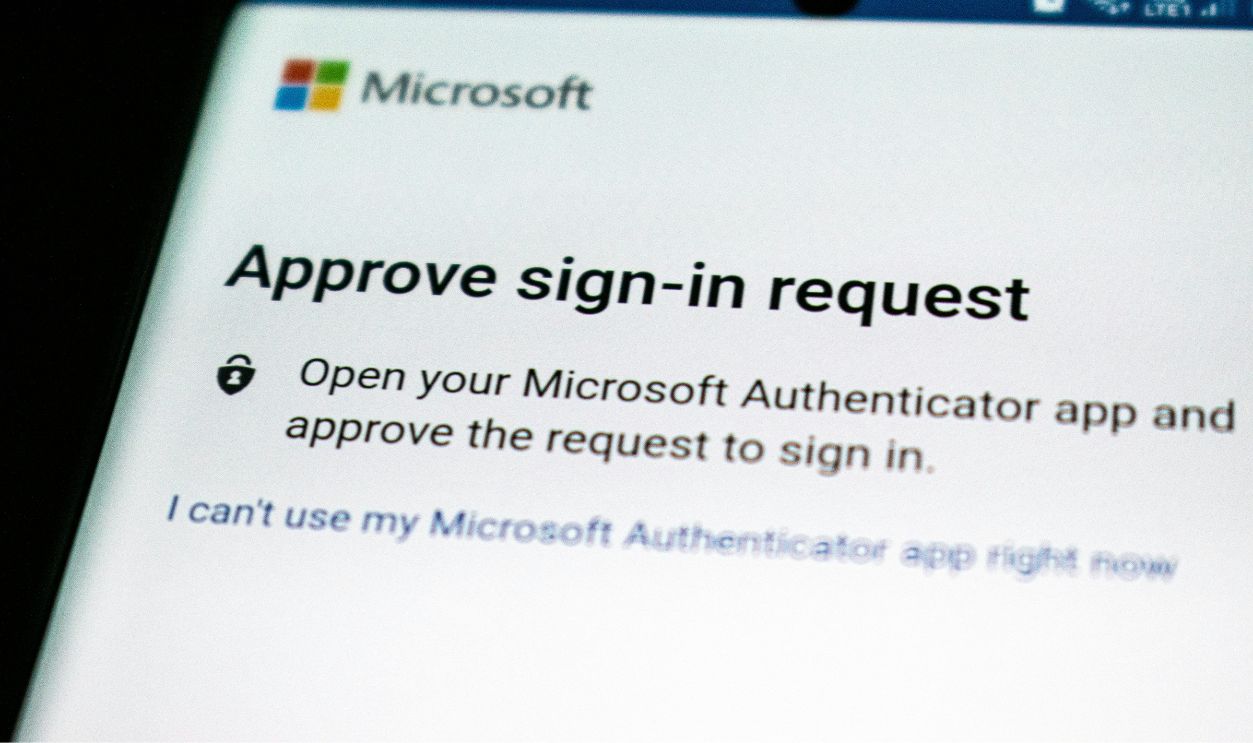A $3,700 Friendship-Ending Violation Of Trust
Imagine the trust it would take to give someone your credit card, only for them to rack up $3,700 in credit card debt, then refuse to pay it off. It could affect your entire financial future, and it needs to be remedied. Let's explore your options if you trusted your roommate with your credit card and they burned you like this.
You've Been Financially Abused By Your Roommate
It's hard when you've been financially burned. Your roommate used your credit card and left you with thousands in debt. Regardless of her reasons, this is a serious violation of trust. It’s not just a misunderstanding or miscommunication—it's financial abuse and fraud that must stop.
Did You Talk About What Counts As An "Emergency"?
Was there ever a conversation about what counted as an emergency? If not, it's likely that your roommate made an assumption, which could be fine for a small purchase: mistakes happen. But not for $3,700 of debt! There must be a plan made to repay what they owe you.
Gather Your Evidence
Pull your credit card statements and identify every charge made by your roommate. Note dates, amounts, and descriptions. Create a simple list or spreadsheet. This step arms you with specifics so the conversation doesn’t become a battle of “he said, she said.” When you speak to her, you’ll be able to stay focused and factual, which makes it harder for her to deny or deflect.
The Confrontation: Don't Let Them Excuse Away The Abuse
When you confront your roommate, you can be empthatic, but don't let them excuse away what they've done to you. They may have felt justified or desperate. That doesn’t change the outcome. Your role isn’t to rescue or excuse the behavior—it’s to protect your finances. You can understand someone’s reasoning and still hold them accountable.
This Isn't Just About The Money
Beyond the $3,700, assess how this has impacted your credit, interest payments, and mental health. Are you missing payments or losing sleep? Have your other bills suffered? Let them know how the betrayal has impacted you financially and emotionally.
Be Calm & Clear
Start by stating the facts. Use statements like, “I’ve noticed $3,700 in charges on my card. I didn't make the purchases, did you?” Aim for honesty and allow them to be forthcoming. You’re not trying to shame them. You’re setting a boundary and requesting resolution. Calm communication makes it harder for you to dismiss and more likely to be taken seriously.
 LinkedIn Sales Solutions, Unsplash
LinkedIn Sales Solutions, Unsplash
Choose A Good Time To Chat
Try to pick an appropriate time to talk, no matter how angry you might be. You gain nothing by being confrontational. Express that you want to talk and that it's about something serious, but don't just blurt it out. They'll likely shutdown and you'll get nowhere.
 Priscilla Du Preez 🇨🇦, Unsplash
Priscilla Du Preez 🇨🇦, Unsplash
Prepare For The Conversation Emotionally
It can be tough to have a difficult conversation, particularly about something as important as a $3,700 credit card debt. Preparation is your friend. Write down what you want to say beforehand and be direct.
Be Specific About What You Want
Before you speak, decide what outcome you need. A repayment plan? A lump sum? Immediate cutoff from card access? Be direct and specific. Don’t just say, “We need to talk about the charges.” Say, “I need you to repay this amount and stop using my card going forward.” Clear expectations reduce confusion, deflection, and future conflict.
Expect Deflection or Denial
Your roommate may respond with denial, excuses, or guilt-tripping. She might claim she meant to pay you back or didn’t realize it was a problem. Deflection is a common defense mechanism, but you don’t have to engage with it. The truth—and your financial well-being—should remain your focus.
Put It in Writing
After the talk, follow up with a written message recapping the conversation. This isn’t petty—it’s protective. A short message like, “Just confirming you’ll repay $3,700 over 10 months” gives you documentation and accountability. It also minimizes future confusion. Written proof strengthens your position if the situation escalates or if you need to take formal steps later.
Consider a Formal Repayment Agreement
A signed repayment agreement doesn’t mean you’re being cold—it means you’re taking this seriously. Use a simple template to outline the total owed, payment schedule, and expectations. This creates accountability and shows you’re not willing to leave things vague. If she’s serious about paying you back, she shouldn’t object. A paper trail protects both of you and reinforces boundaries.
Set New Financial Boundaries
Make it crystal clear that your card is off-limits from now on—no exceptions. If she claims she might need help again, explain there are other ways to deal with emergencies. You’re not punishing her—you’re protecting your financial health. Going forward, create hard lines around your money to avoid falling into the same trap again. Boundaries are non-negotiable.
 Francisco De Legarreta C., Unsplash
Francisco De Legarreta C., Unsplash
Protect Your Finances Going Forward
Change your card info. Set up alerts for every transaction. Review your statements weekly. Consider freezing your credit reports if needed. These steps may seem extreme, but they’re smart after what happened. You’ve already been burned—there’s nothing wrong with being extra cautious now. Protecting yourself is not overreacting. It’s part of healing and preventing further harm. Ed Hardie, Unsplash
Ed Hardie, Unsplash
Consider Roommate Changes
If your roommate refuses to pay, shows no remorse, or continues crossing boundaries, it may be time to ask them to move. This level of financial betrayal deeply erodes trust. You deserve to feel safe and respected in your own home. Living with someone who takes advantage of you is not sustainable.
Know Your Legal Options
If she refuses to repay you, small claims court is one option. Unauthorized use of a credit card may be legally actionable, even between roommates. Document everything: texts, statements, your written agreement. Legal action is a last resort, but it can be effective. Knowing your rights—and being willing to act on them—sends a message that you won’t be exploited.
Talk To A Credit Counsellor
A non-profit credit counsellor can help you assess your debt, set up a budget, and repair credit damage. Many offer free or low-cost services. If the $3,700 is wrecking your finances, don’t try to fix it alone. Professional help can make a huge difference in reducing interest, negotiating with creditors, and building a recovery plan.
Be Confident That You're In The Right
You have every right to feel safe in your financial life. This situation is painful—but speaking up is a powerful act of self-respect. You’re not overreacting. You’re protecting yourself from further harm. Reclaim your voice, draw your boundaries, and know this: you’re capable of handling this, even if it feels hard. Your peace, credit, and future are worth fighting for.
You May Also Like:
My Boss Asked Me To Cover For Him, Then I Got Written Up. What Now?
George Kamel Says Frugal People Don't Buy These Everyday Items Anymore
Coins From The 1960s That Are Worth Big Bucks Today
Sources:





















